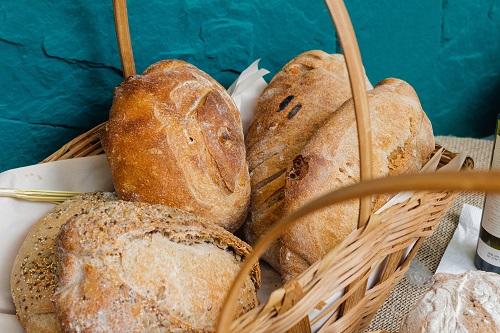
Bible Study series No.10 from The Gospel of John: "The Miracle of Breads"
2.The storm event: 16-21
3.The food that leads to eternal life: 22-29
Last time I talked about the Sabbath, the most important law for the Jews. Although the Gospel of John, Chapter 6 has only one theme, the author divides it into three separate events. This time we will study verses 1 through 15.
The time was nearing the Passover. It was about a year or two after Jesus began His public missionary work. Jesus' public life lasted for about three years, and it was already in the middle of it. The miracles that Jesus had performed were known among many people.
The northern part of Israel is called Galilee. The lake was in the eastern part of the region.
The Jordan River flowed in from the north, and out again into the Dead Sea. On the southwest shore of the lake, there was a town called Tiberias. So Lake Galilee is also called "Lake Tiberias.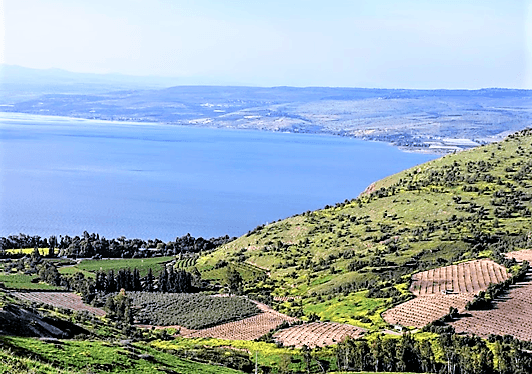
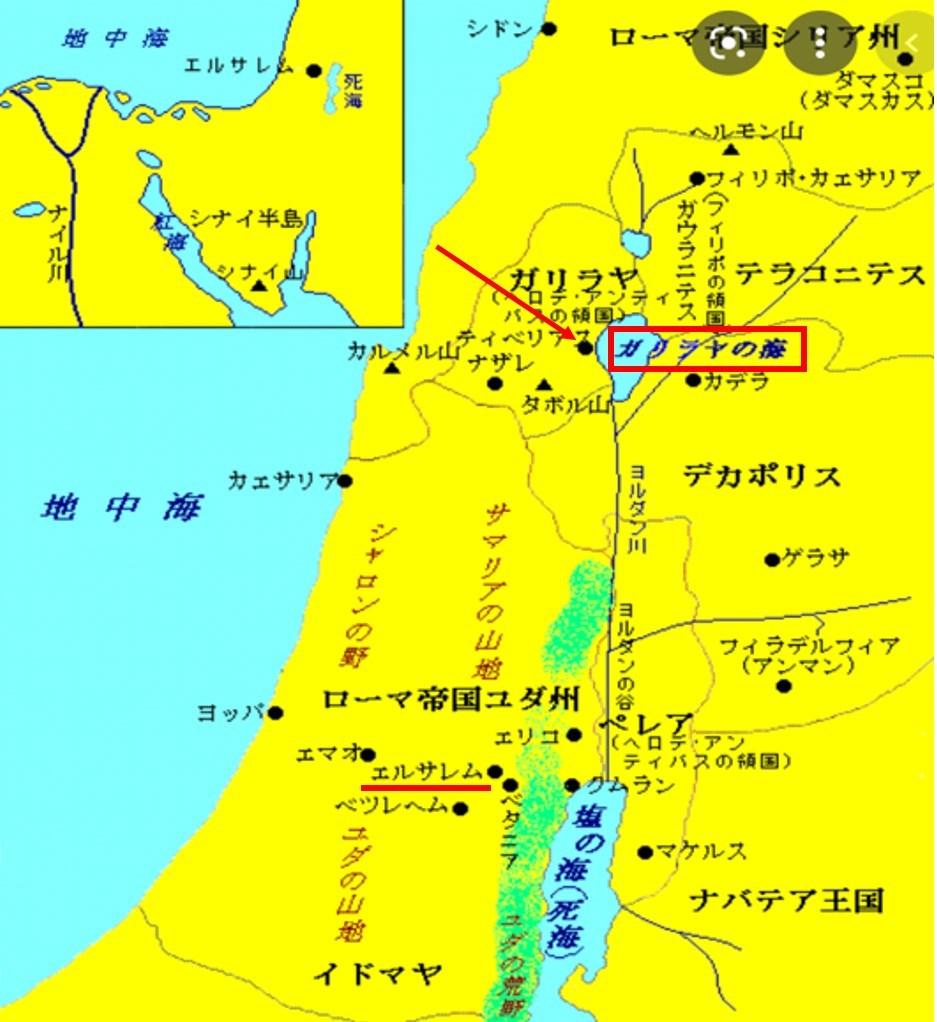
5,000 men gathered. Imagine the number of people when you include women and children. After watching the video on YouTube, please continue reading as I will share with you how to interpret this event.
Growing up in a pastor's home, I believed in these miracles from an early age. But when I was in high school, a pastor's wife told me one interpretation that surprised me: "Actually, there is a theory that this is not a miracle at all. The people here had been hiding their bread, but when they saw a boy offering all his food, they were embarrassed, so they all started giving out their bread."
Well, theoretically, this interpretation is possible. It's hard not to think of it as just a story where God was pleased with what the child did, the crowd was impressed by the boy's action, and the problem was solved. What do you think? Do you think this interpretation is somewhat more heartwarming?
In verse 14, it says, “They began to say, “Surely this is the Prophet who is to come into the world.”
If each one of them had been able to satisfy their hunger with the bread they had, would they have been willing to give thanks to Jesus? Would they have recognized Jesus as a prophet?
It must be a miracle because of the impact on the people that led them to want to make Jesus their King, Messiah, who would give them bread for eternity. Therefore, I believe that Jesus made a miracle.
In those days, people were oppressed by Roman rule. Their lives were in great poverty. The issue of bread must have been a critical matter for them at the time.
According to 2018 statistics, 821.6 million people in the world are reported to be suffering from hunger. It is a terrible and serious situation. In Japan, we have a proverb that says, "fine manners need a full stomach."
Jesus Christ was not to ignore the importance. I remember when Christ was hungry after fasting for 40 days in the wilderness. Satan tempted him with the following words.
In verse 15, “If you are the Son of God, tell these stones to become bread.” <Mattew4:3>
"Jesus, knowing that they intended to come and make him king by force, withdrew again to a mountain by himself."
Satisfying their hunger was not the ultimate goal. But the crowd and disciples did not seem to have realized it at that time.
The Gospel of John does not tell us about the miracle because the miracle attracts our attention.
What was Jesus' heartfelt desire and intention?
Next week, I would like to discuss this with you.
If you have children or grandchildren, please take a look at the video of this animation and the song attached.
Story:
Song:





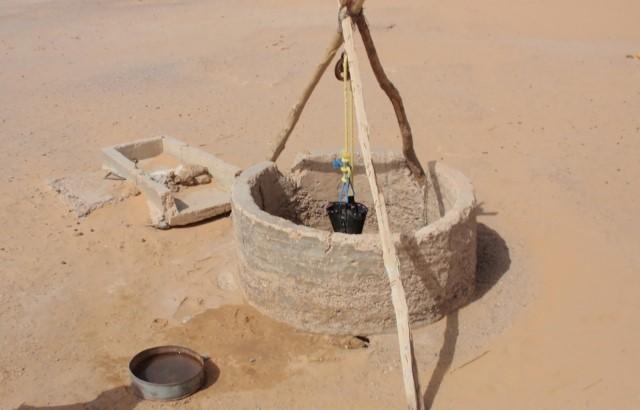



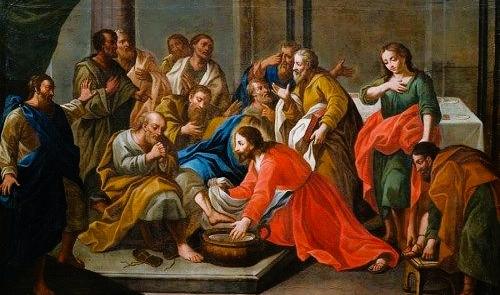
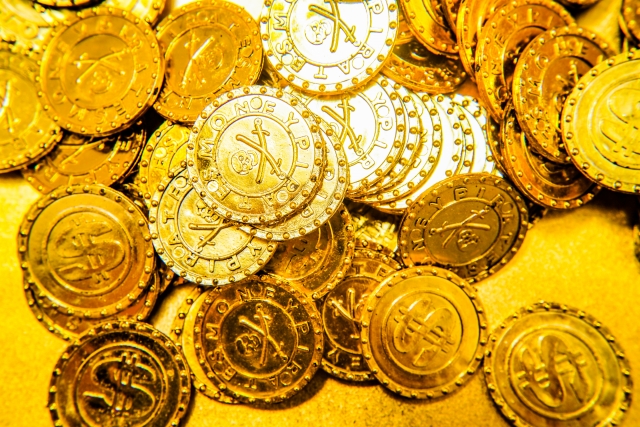





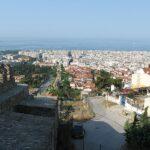





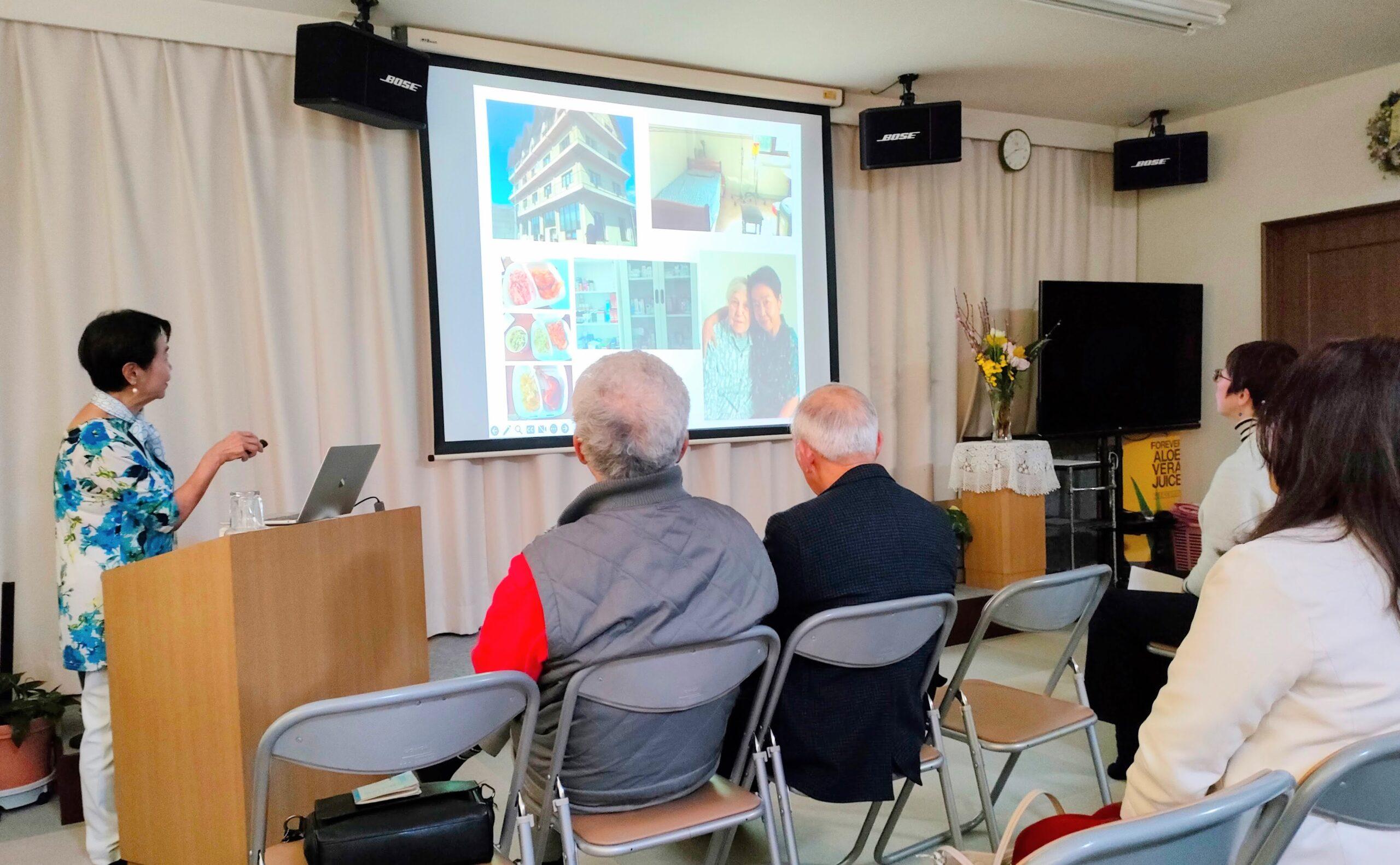
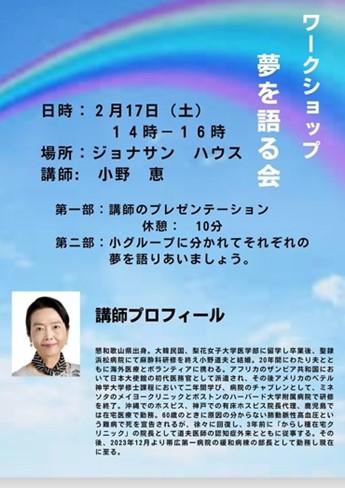
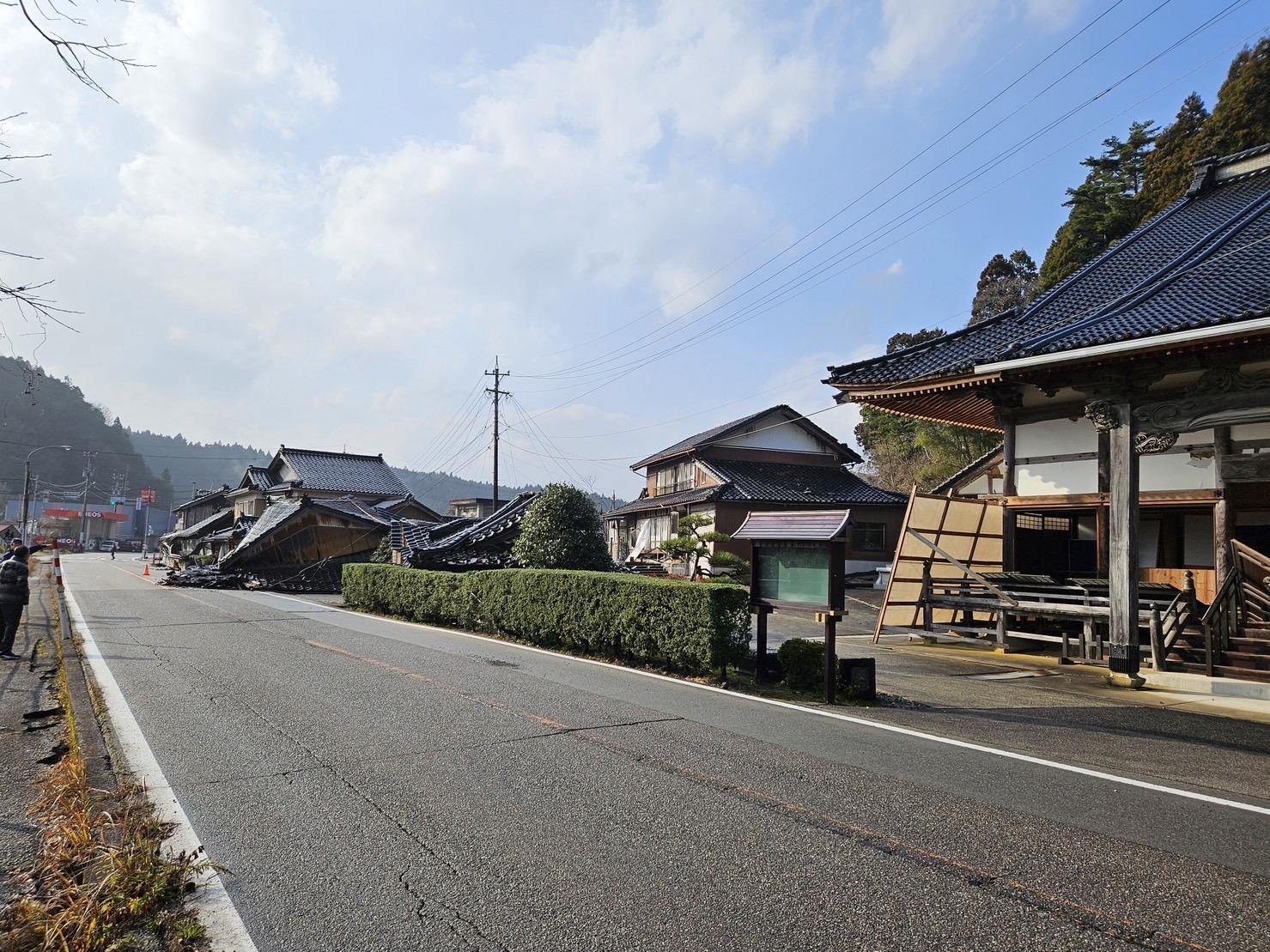
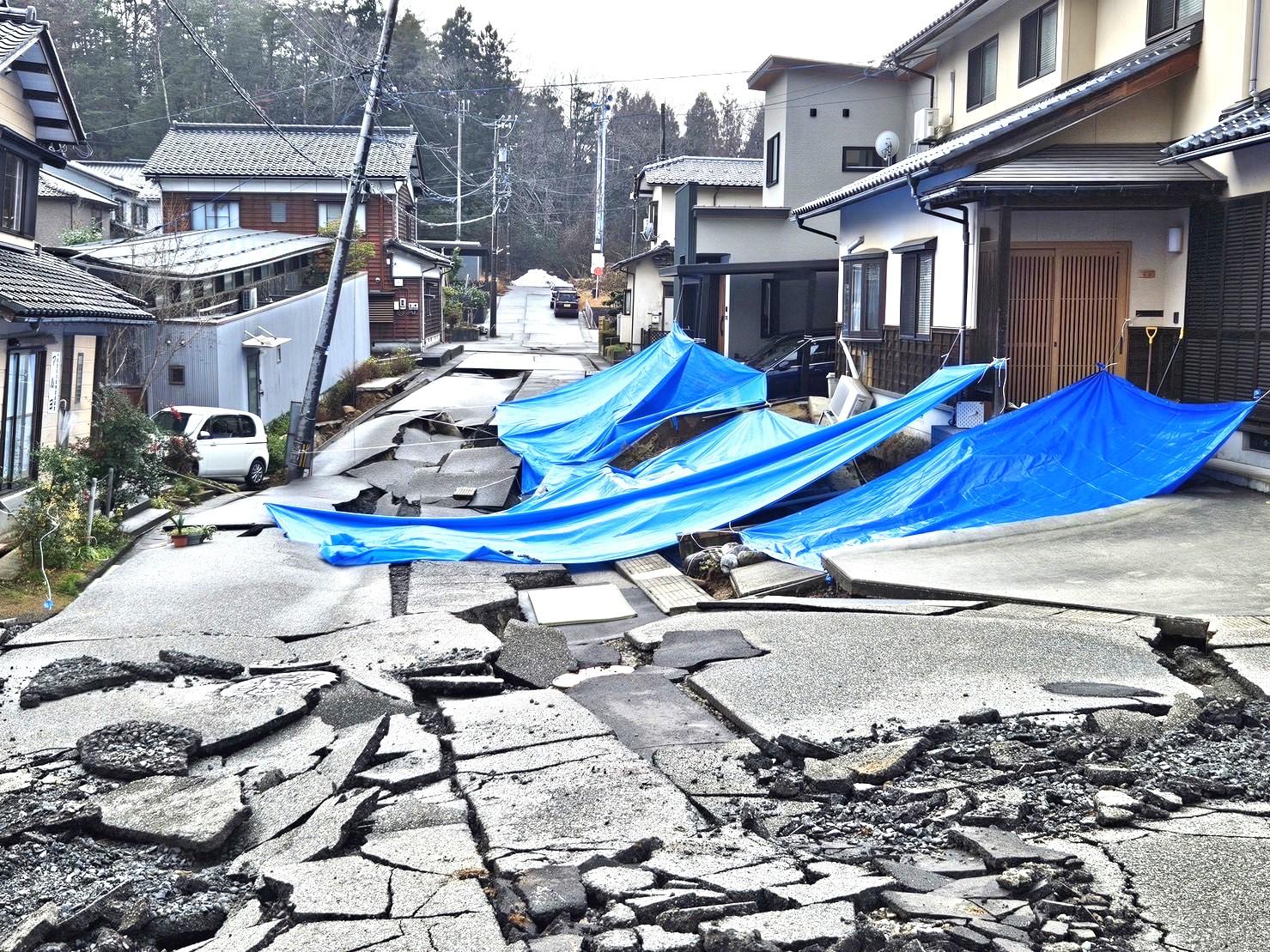
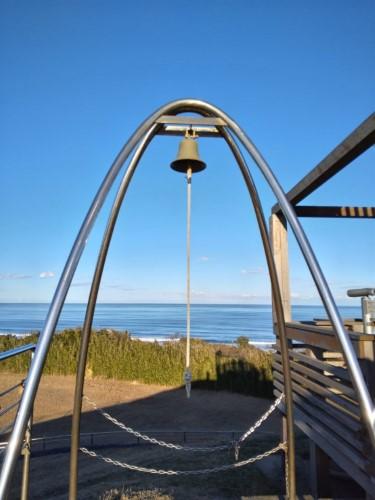

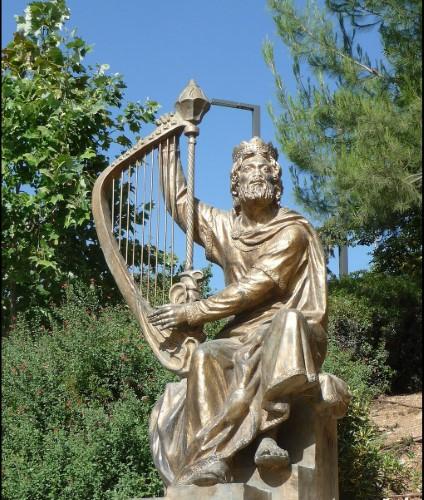



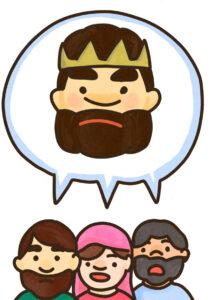
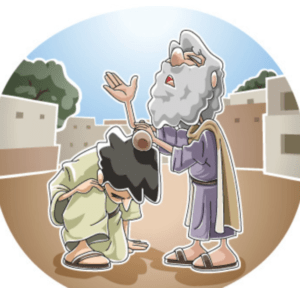

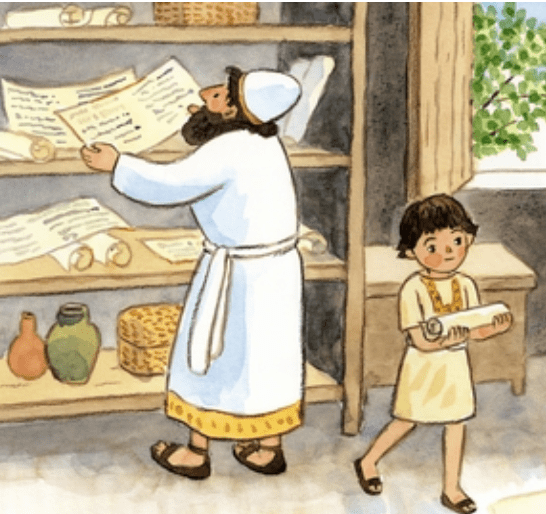
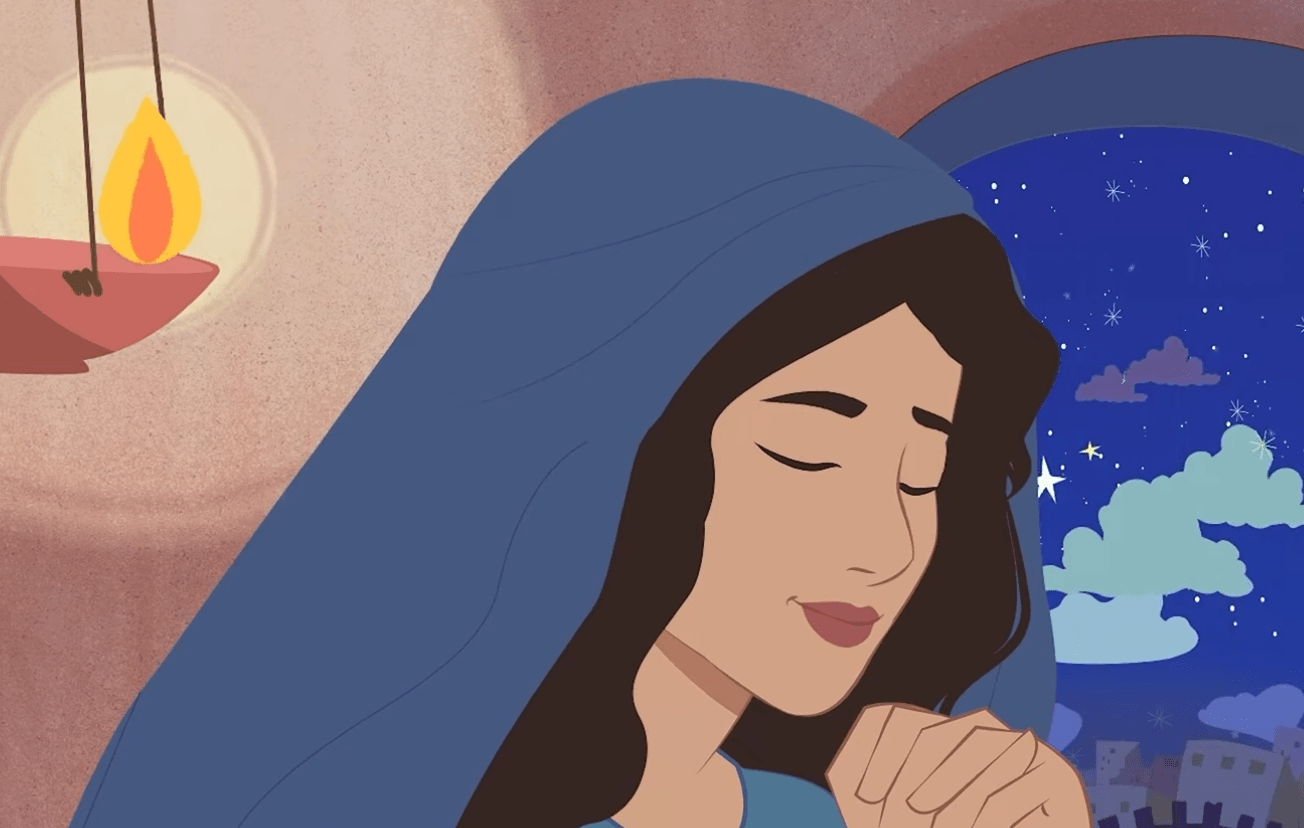
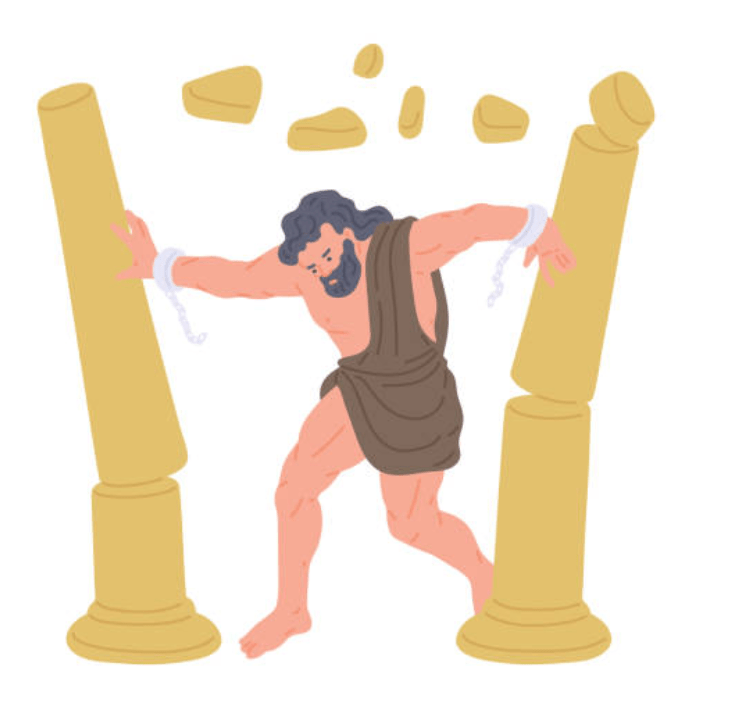
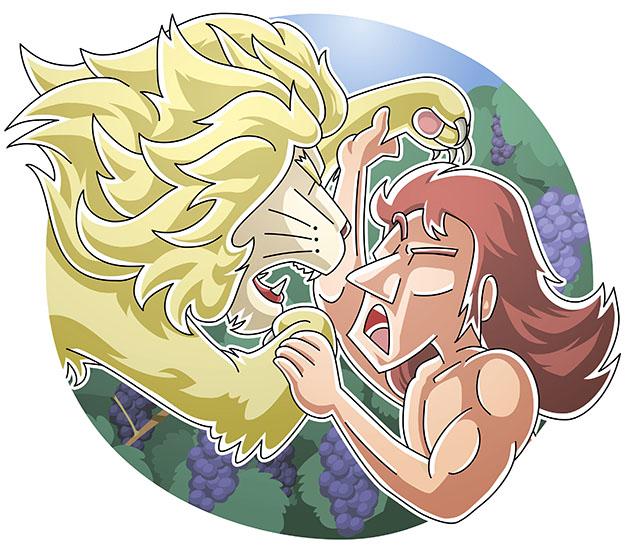
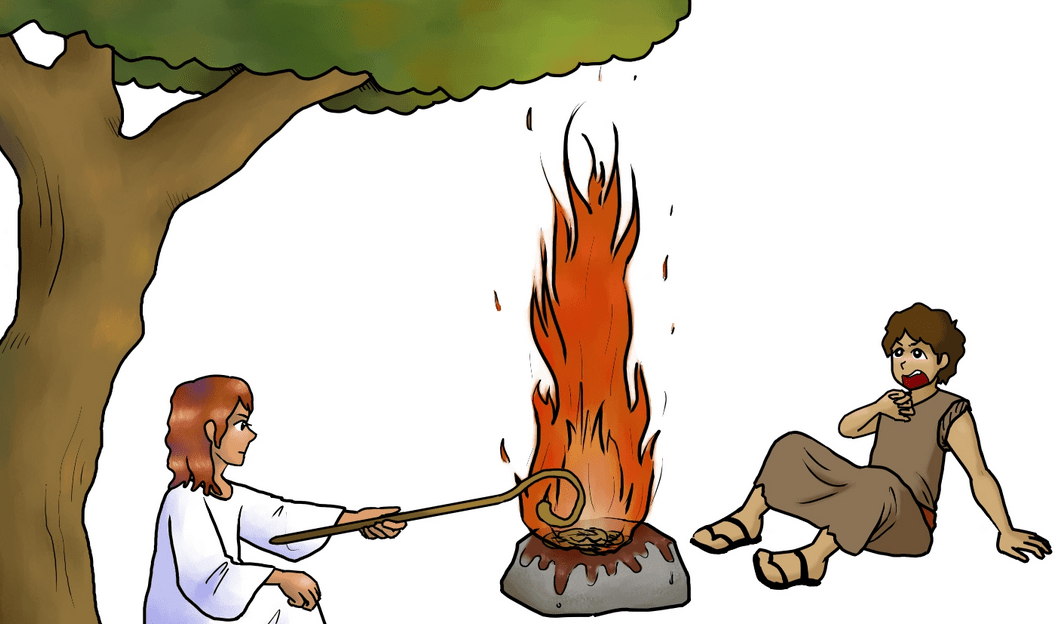
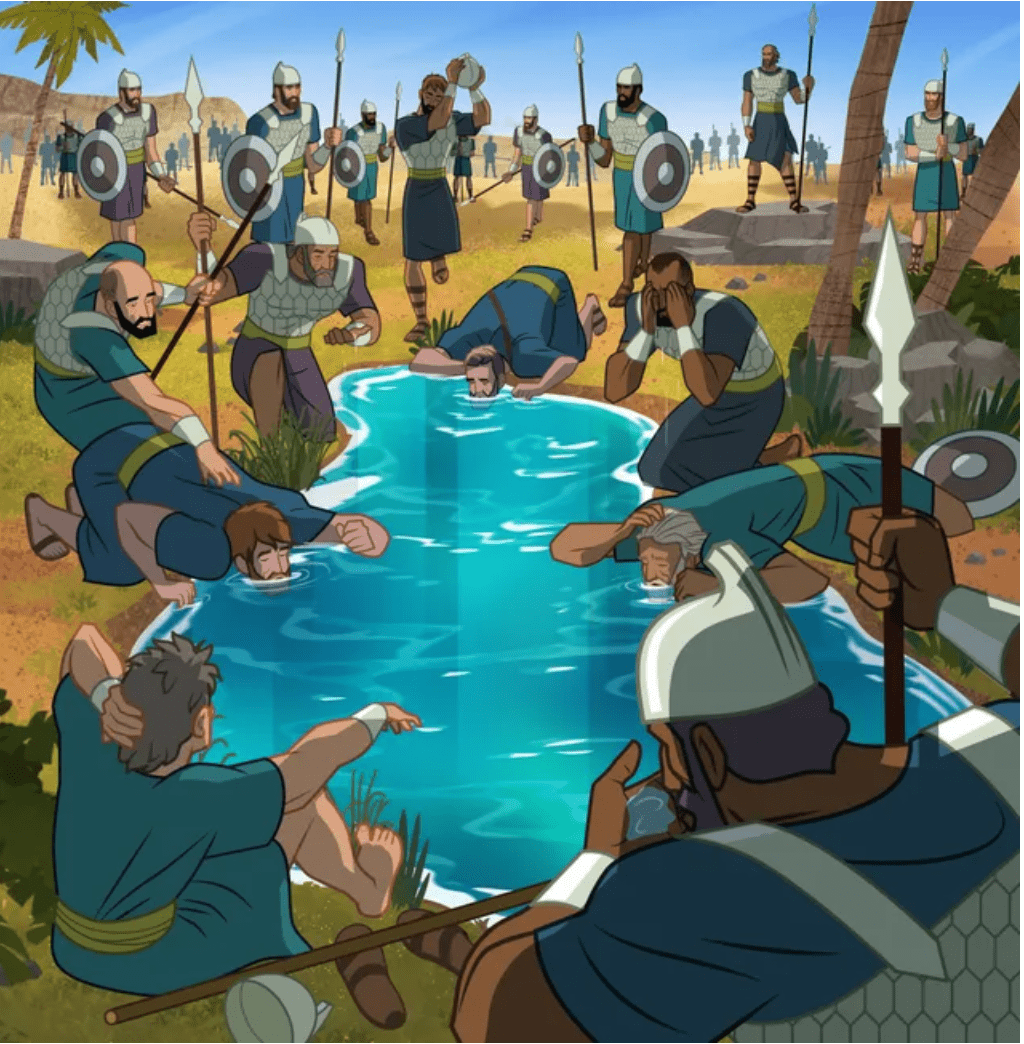
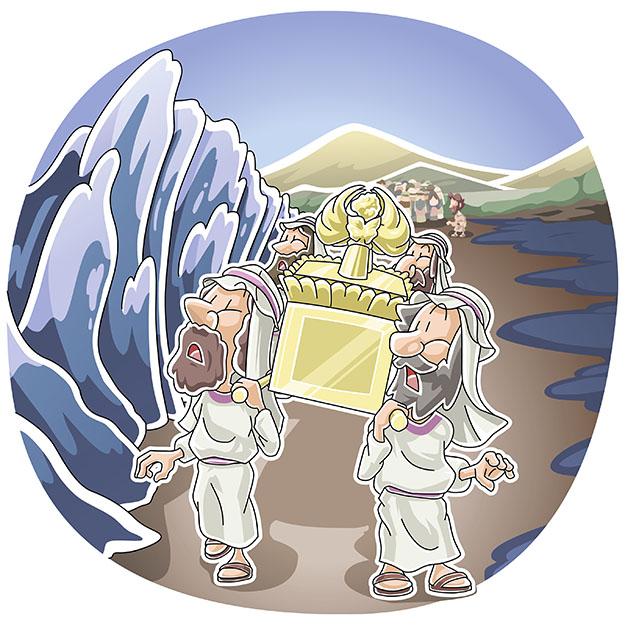
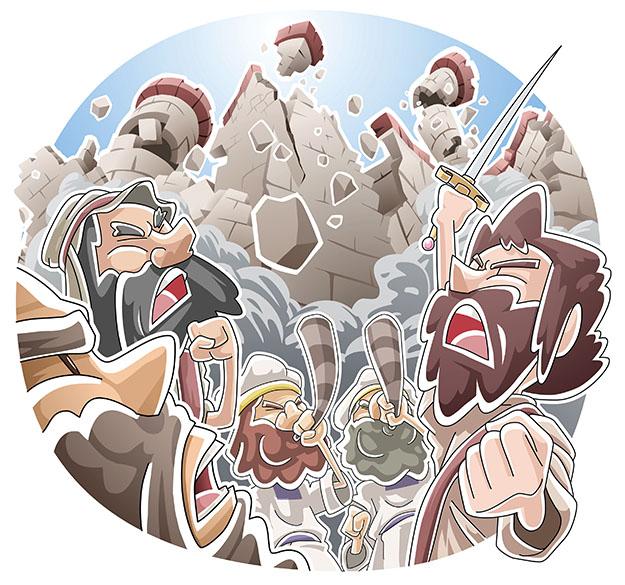









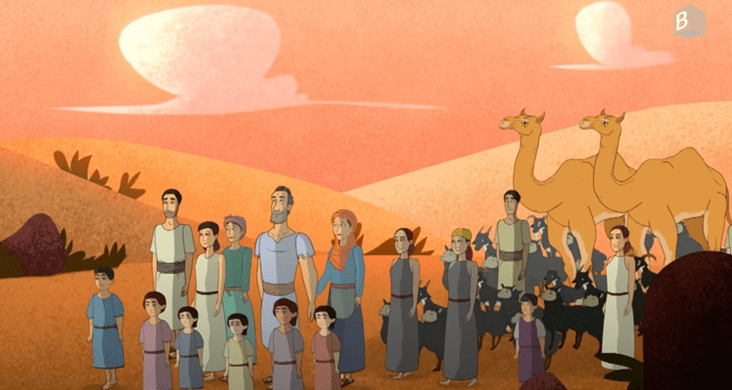












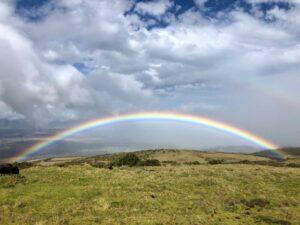





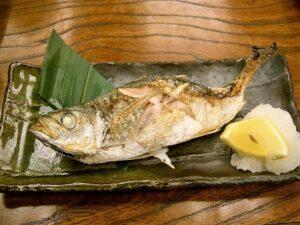
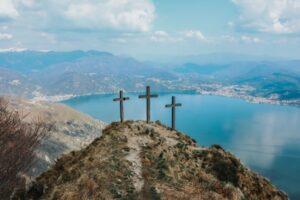
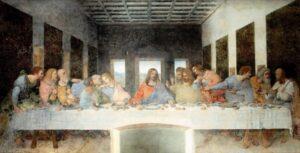
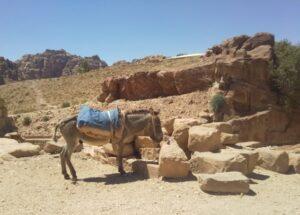





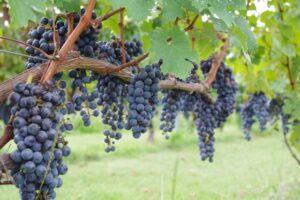




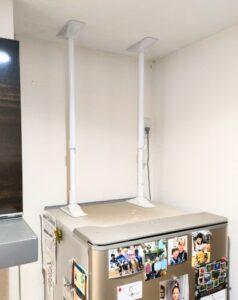










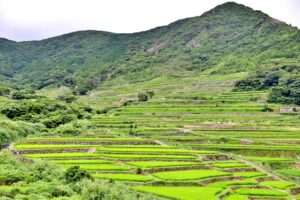
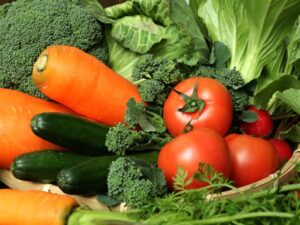



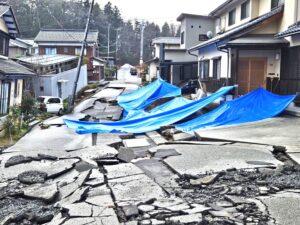
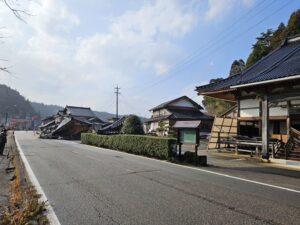
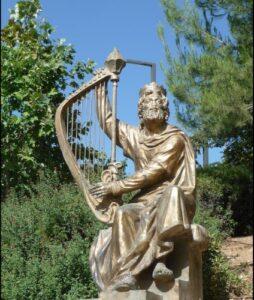

 からし種チャペルの活動に関しては、ここからお入りください。皆様のご参加をお待ちしています。
からし種チャペルの活動に関しては、ここからお入りください。皆様のご参加をお待ちしています。